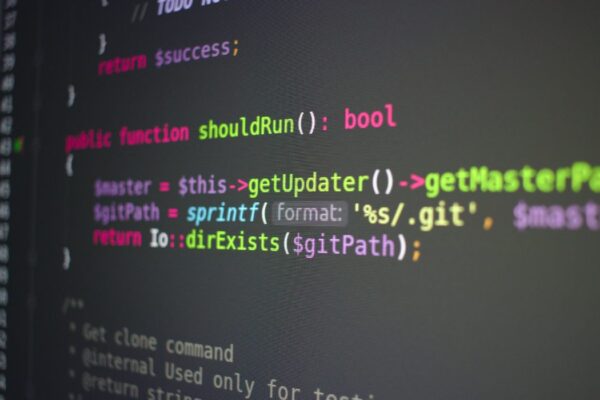

Quale Lingua di Programmazione Scegliere?
Quando si tratta di immergersi nel mondo della programmazione, scegliere la lingua di programmazione giusta è di fondamentale importanza.

La Tradizione della Poesia Italiana e i Suoi Esponenti più Famosi
La poesia italiana è una tradizione letteraria ricca e affascinante che ha radici antiche.

Come Impostare Obiettivi Salutari Raggiungibili
Gli obiettivi salutari sono fondamentali per migliorare il benessere generale. Impostare obiettivi specifici e realistici può fornire una guida chiara per perseguire uno stile di vita sano.

Come Abbinare con Stile Scarpe e Borse
Quando si tratta di creare un look elegante e raffinato, l’abbinamento tra scarpe e borse svolge un ruolo fondamentale.

Lezioni Importanti dalla Caduta di una Moneta
Per comprendere appieno le lezioni dalla storia riguardo alla caduta di una moneta, è fondamentale esaminare il contesto storico in cui si è verificato….

Come Scegliere e Indossare Cappelli per Valorizzarti
I cappelli sono un elemento essenziale della moda che può fare la differenza nel tuo look complessivo.

Consigli per un Viaggio in Solitaria
Quando si intraprende un viaggio in solitaria, è fondamentale dedicare del tempo alla preparazione adeguata.

La Differenza tra Inflazione e Deflazione Esplicata
Quando si tratta di comprendere l’economia, è importante familiarizzare con alcuni concetti fondamentali. L’economia riguarda lo studio della produzione, distribuzione e consumo di beni e servizi.

L’Effetto della Globalizzazione sull’Economia Locale
La globalizzazione è un fenomeno complesso che ha profondamente influenzato l’economia a livello mondiale.

Caffè o Tè? Scegli il Vincitore per il Tuo Benessere!
Caffè o tè? Scopri quale bevanda regna sovrana per la salute! Benefici, considerazioni e il verdetto finale.
















